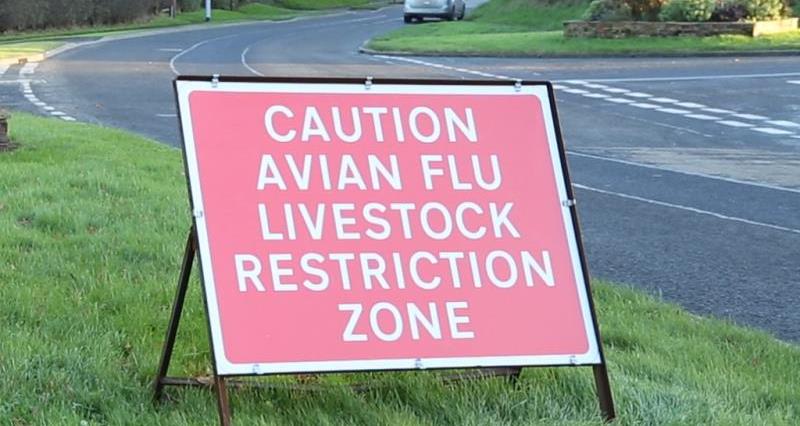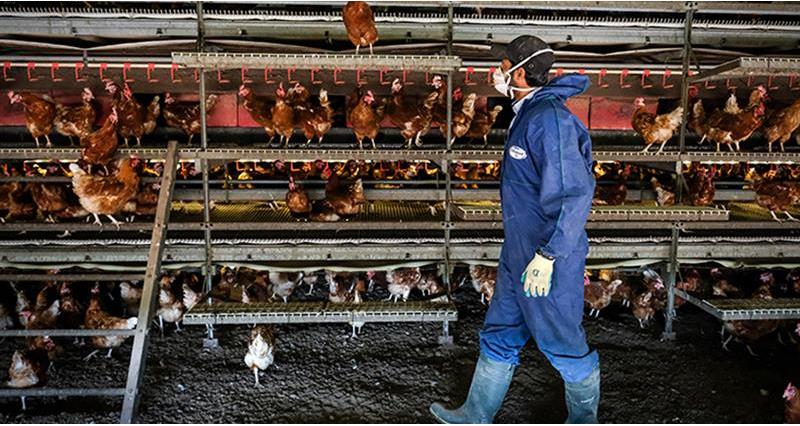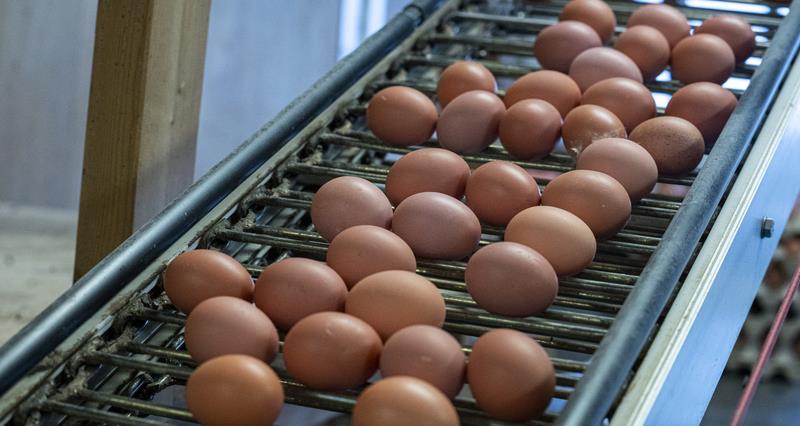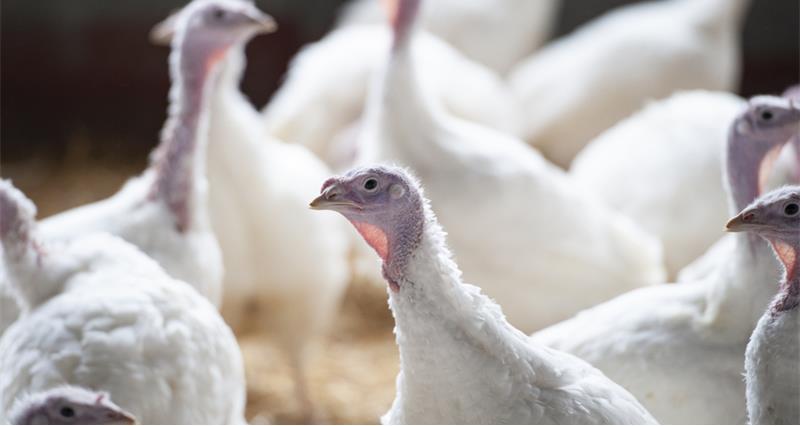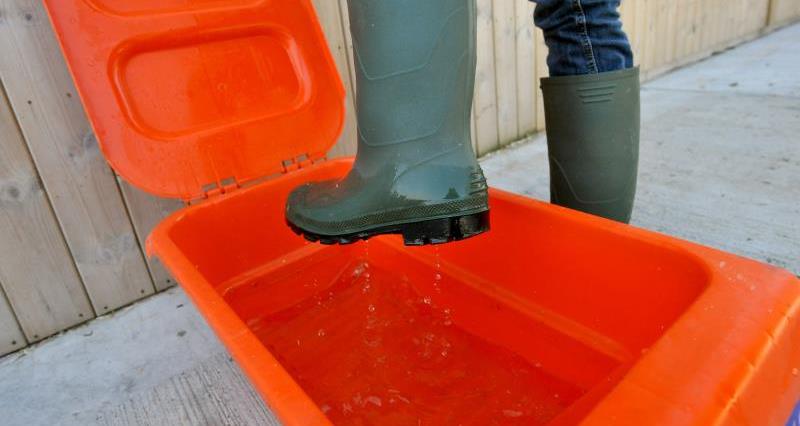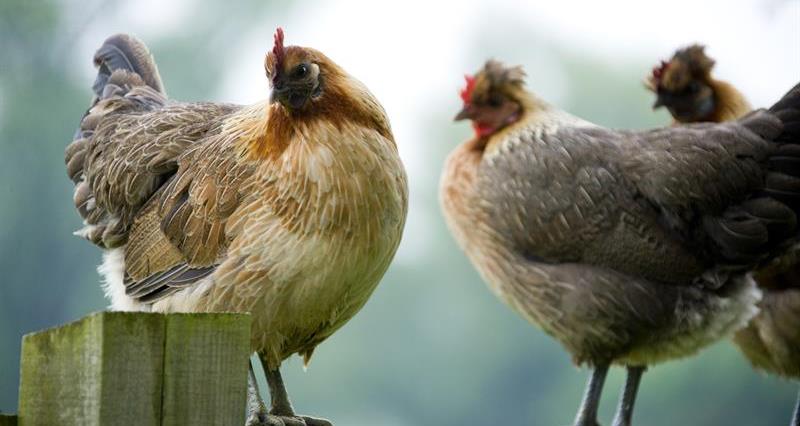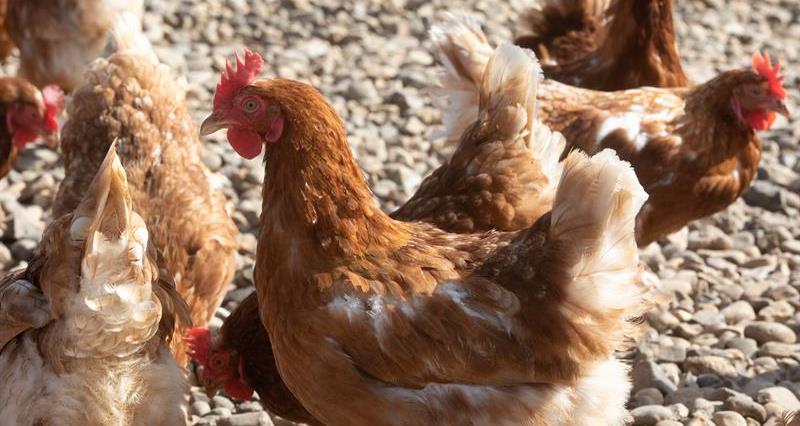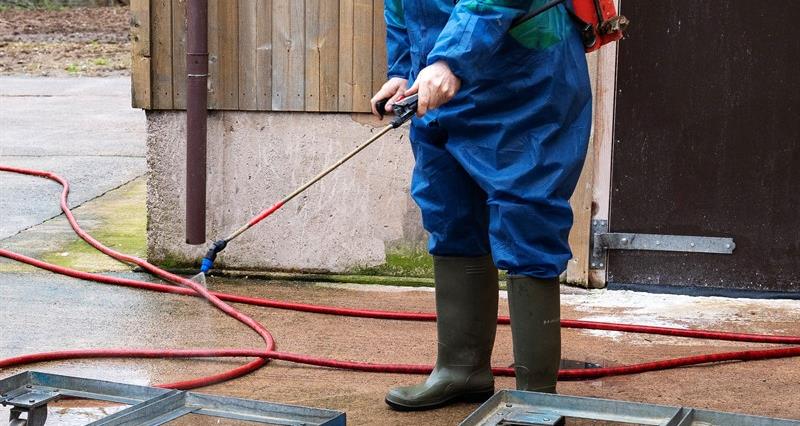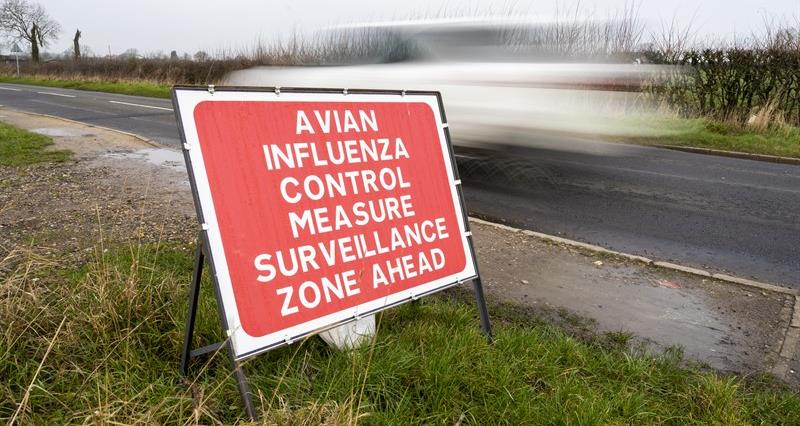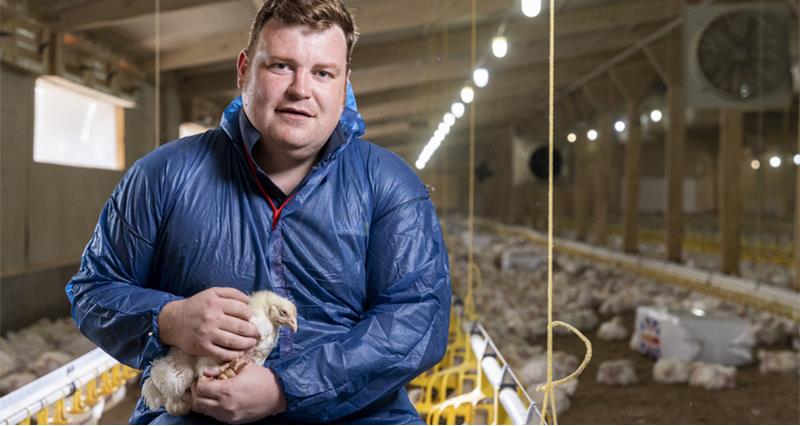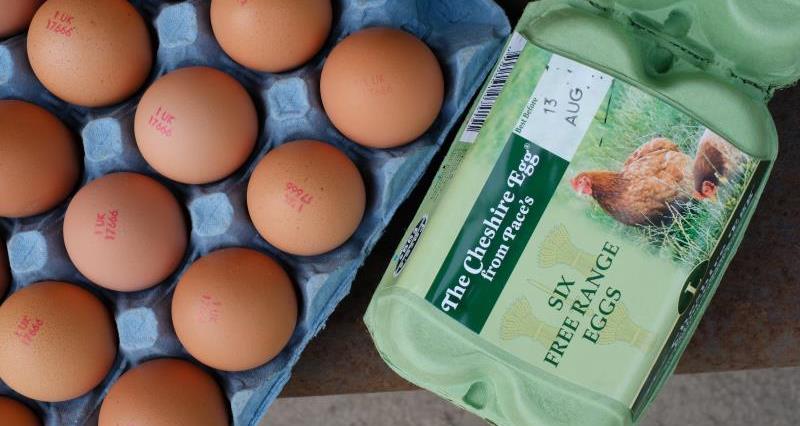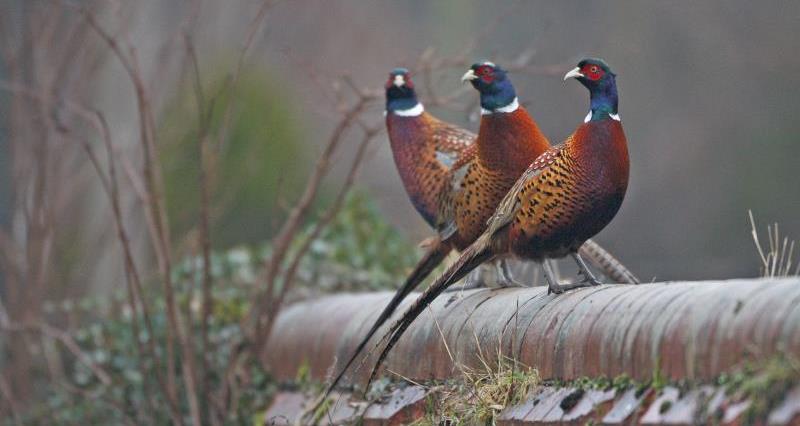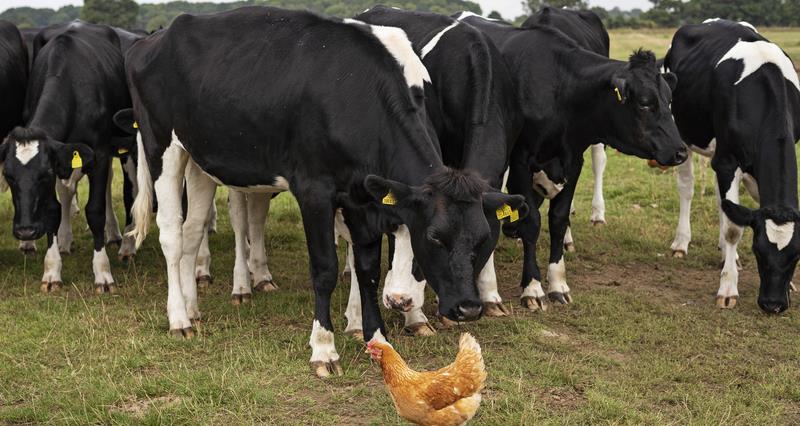Bird gatherings banned in England, Scotland and Wales
From midday on Monday 10 February 2025 bird gatherings of poultry, galliform or anseriform birds are banned in England, Scotland and Wales. Visit:
The ban includes ducks, geese, swans, pheasants, partridge, quail, chickens, turkeys and guinea fowl.
Gatherings of other captive birds will continue to be permitted, though you must follow and meet all the requirements. See:
For the latest situation in Wales, visit:
For the latest situation in Scotland, visit:
Current risk levels тАУ HPAI H5
- Very high in wild birds
- For poultry and other captive birds тАУ
- high (event occurs very often) (with medium uncertainty) where there is suboptimal or poor biosecurity
- medium (event occurs regularly) (with medium uncertainty) where good biosecurity is consistently applied at all times
More information on the current risk level can be found by visiting:
Reporting suspected bird flu
If you suspect bird flu in poultry or other captive birds, you must report it immediately:
- England тАУ call 03000 200 301
- Wales тАУ call 03003 038 268
- Scotland тАУ find your local
Any dead waterfowl or wild birds that you find on your land must be reported to Defra so they can be tested. Visit:
For more information on signs, symptoms and reporting, visit:
Public information on reporting
Members of the public are encouraged to report dead wild waterfowl (swans, geese or ducks) or gulls, or five or more dead wild birds of other species in the same location to the Animal and Plant Health Agency helpline on 0300 303 8268.
This can be done by:
- Visiting:
- Calling: 03459 33 55 77
Your health and wellbeing
Your health and wellbeing matters.
If you are subject to an outbreak of AI, it is understandable to feel an increase in stress or anxiety. There are a number of rural charities and support networks that can offer help to those in need.
If you are struggling or know someone who is, know that you are not alone. Our health and safety team have put together a list of available organisations that can support you, both nationally and locally.┬а

